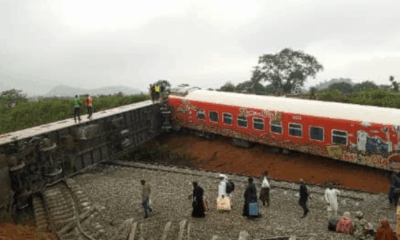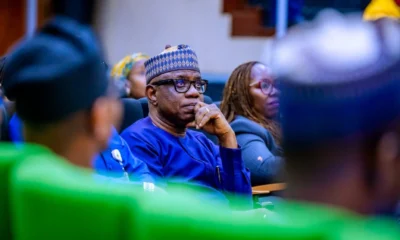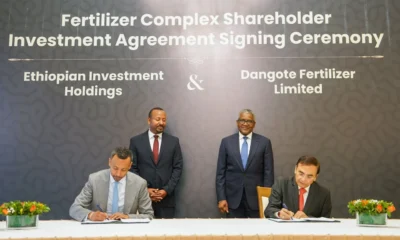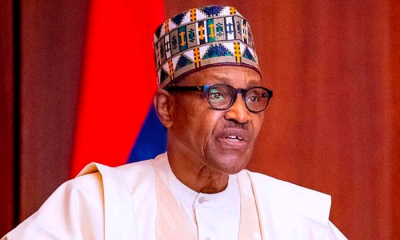The African Democratic Congress (ADC) has expressed deep concerns over what it called the “statistically implausible” numbers released by the Independent National Electoral Commission (INEC), referring to the online voter pre-registration figures in its first-week report.
INEC reported that over 1.3 million Nigerians completed their online voter pre-registration just within the first week of the exercise. National Commissioner Sam Olumekun stated the figure was 1,379,342 as of August 24.
The ADC highlighted that Osun State alone accounted for nearly 400,000 registrations in just seven days, which it argued conflicts with both historical trends and demographic expectations.
Bolaji Abdullahi, ADC’s National Publicity Secretary, pointed out the sharp disparity: INEC’s report showed Osun had 393,269 pre-registrations in a week, exceeding the 275,815 new voters added between 2019 and 2023.
He noted that even at the height of political activity in 2022, Osun had never seen more than 823,124 total votes cast in a governorship poll. “Now, by some miracle, nearly 20 percent of all eligible adults in the state have rushed to register. This is not just unusual, it is statistically implausible,” he said.
According to Abdullahi, the South-West region accounted for 67 percent of all pre-registrations nationwide, with Osun, Lagos, and Ogun contributing 54.2 percent of the total. Meanwhile, the entire South-East region together recorded only 1,998 registrations, and five states—Ebonyi, Imo, Enugu, Abia, and Adamawa—were responsible for merely 4,153 combined.
Abdullahi suggested that these astonishing numbers might point to another technical glitch in INEC’s digital system—or possibly a deliberate data manipulation to serve a more sinister agenda ahead of upcoming elections.
He stressed, “The voter register is the foundation upon which the entire electoral process rests. If the foundation is compromised, it brings the integrity of the elections into question.”
The ADC has demanded that INEC carry out and publish a thorough forensic audit of the pre-registration data. This should include a detailed state-level breakdown of both physical and online registrations, as well as access to server logs, bandwidth usage, and regional access data for the registration portal.
The party further called on opposition groups to unite in pressing INEC for clarity, and it urged involvement from election monitors, fact-checkers, and legal advocacy organizations to scrutinize the numbers. It even invited international observers—including the UN, AU, ECOWAS, and foreign partners—to monitor the development.
“The credibility of our democracy cannot be left to chance. Silence in the face of these anomalies would amount to complicity,” Abdullahi concluded.

 BIG STORY3 days ago
BIG STORY3 days ago
 BIG STORY4 days ago
BIG STORY4 days ago
 BIG STORY2 days ago
BIG STORY2 days ago
 BIG STORY4 days ago
BIG STORY4 days ago
 BIG STORY4 days ago
BIG STORY4 days ago
 BIG STORY4 days ago
BIG STORY4 days ago
 BIG STORY4 days ago
BIG STORY4 days ago
 BIG STORY2 days ago
BIG STORY2 days ago




















